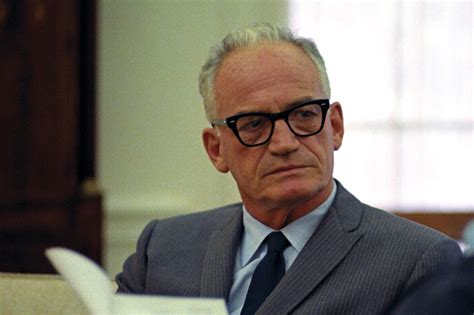There’s a great poster put out by www.despair.com that I think sums up perfectly the political situation we have in America. The title of the poster is “Government,” and the caption is, “If you think the problems we create are bad, just wait until you see our solutions.”
To me, that pretty much says it all. The recent and on-going debacle of “Obamacare” and its rollout has brought this startling into relief, but it is not the first example of government’s unparalleled ability to invent problems and make them worse. It’s just the latest and greatest such example.
Pick a “woe,” any “woe” that conservatives lament about our current situation, and a look at history will reveal it came from a problem first “discovered” and then “fixed” government. This is government’s special superpower.
About the only thing that government has made more efficient is the time it takes to get from launch to failure. It took decades for Social Security to go bankrupt and become the millstone it now is. The Department of Education took a generation and a half to destroy education. We got pretty streamlined with No Child Left Behind, which only took a term and a half to fail. Obamacare brought us into the neighborhood of real-time failure, which is quite a feat in itself, and a convincing case could be made that it actually tore a hole in the fabric of time by starting to fail before it was even implemented.
As amusing as it can be to laugh at our government’s failure rate, the consequences are anything but funny — the collapse of our ridiculously top-heavy and hollow political and monetary structure. Worse than that, however, is the insidious effect these programs have had on us, the people.
For the more liberty-sensitive of us, the encroachment of these programs has gone from a limiting of our rights to our financing acts we deplore and believe to be objectively evil.
For the sleepier of us, it has made us cripplingly dependent, living in a world where there is no problem that doesn’t involve “more” or “better” government, be it “right” or “left.” But regardless of how we are experiencing the symptoms, we have all become a kind of human battery which powers the growth of the state subsidies at our expense.
Now, some of us are in denial about that fact, and some of us think we like it. But most of us know to greater or lesser degrees that something is very wrong and we want it to change. Yet our behavior is what best protects this status quo from any moves that might reverse it. There is a profound cognitive disconnect between what we want and how we act.
We demand that our candidates have government experience but complain about career politicians and despise “Washington insiders.” We no longer look for candidates for whom we can in good conscience vote; we want them to be electable, centrist or moderate, meaning our primary concern is whether other people will vote for them. This is the same thing as wanting our candidates’ chief virtue to be duplicitousness, or demanding that they compromise themselves just to run for office, let alone get elected.
Yet we wonder why there are so few men of principle in politics. We complain about money in politics, especially the money spent on elections, but continue to fall for the candidate who spends the most money on TV advertising. And when they get elected, we want our representatives to be the kind that can reach across the aisle, work in a bi-partisan fashion and “get things done,” even though we hate most of what they end up doing. It’s madness.
Is it hopeless? Of course not, but hope has certainly become a more difficult virtue to practice in the short term. There is a way out, but it won’t come from government and it won’t come from politicians as we currently shape them. It depends on us becoming people of a certain sort. As the late Senator Barry Goldwater put it:
“The turn will come when we entrust the conduct of our affairs to men who understand that their first duty as public officials is to divest themselves of the power they have been given.”
Are we the type of people who could elect such a man, or a few of them, or dare we hope, many of them? Are we the type of people who could be such men? It doesn’t look like it, nor has it looked like it for a very long time. This is why disasters like Obamacare with their streamlined “time to failure”are a kind of blessing – they give us the chance to wake up.
Goldwater went on to write a campaign speech for the men who would bring about “the turn.” Read it and see if you could vote for such a candidate. If you can, I consider it a hopeful sign. If the speech turns you off or brings to mind all the ways it wouldn’t appeal to the “undecideds” or sounds “too extreme,” then, to me, it’s a sign of how hard “the turn” will be to make.
As Goldwater wrote during his 1964 presidential campaign:
“I have little interest in streamlining government or in making it more efficient, for I mean to reduce its size. I do not undertake to promote welfare, for I propose to extend freedom. My aim is not to pass laws but to repeal them. It is not to inaugurate new programs but to cancel old ones that do violence to the Constitution, or that have failed in their purpose, or that impose on the people an unwarranted financial burden. I will not attempt to discover whether legislation is ‘needed’ before I have first determined whether it is Constitutionally permissible. And if I should later be attacked for neglecting my constituents’ ‘interests,’ I shall reply that I was informed their main interest is liberty and that in that cause I am doing the very best I can.” (Italics added)















Thank you, Sean, for the distilled principle upon which Barry Goldwater would base good, limited government. Whether he wrote that himself or appreciated his speech writer’s brilliance to adopt “I have little interest in streamlining government . . . .” as his own, it is a quote worth memorizing.